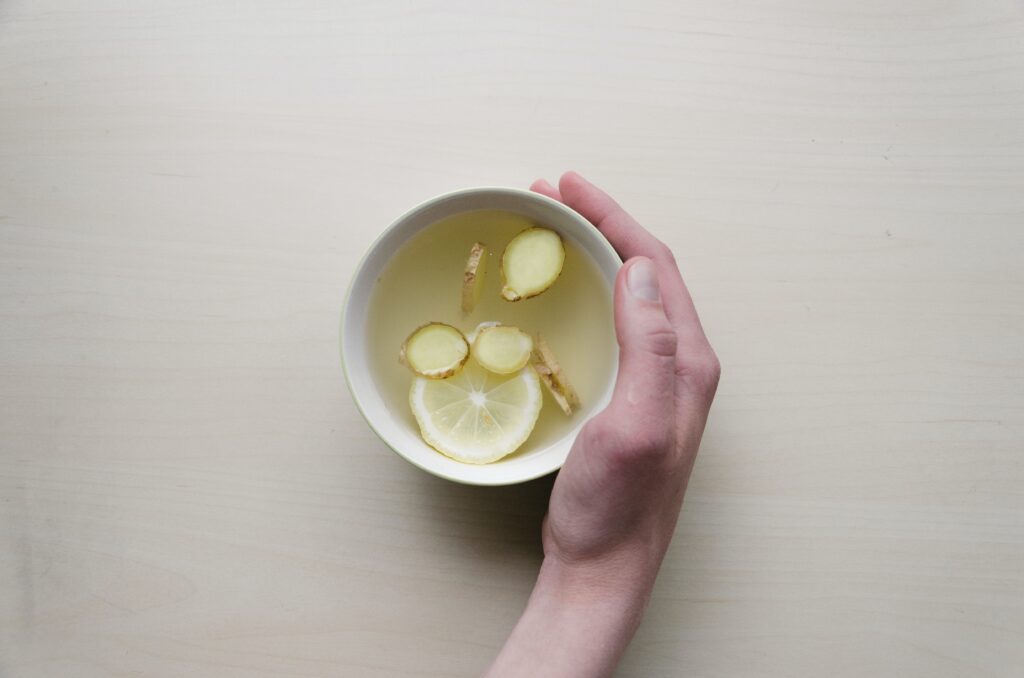Poor sleep or insomnia is one of the biggest concerns for women around the menopause transition. Changes in hormones around this time may impact the circadian rhythm and may also lead to hot flushes and night sweats that can interrupt sleep.
Diet and lifestyle choices have a huge influence on the quality of our sleep. Here are my six simple steps to optimise the quality of your sleep with foods.
Tip 1. Eat Tryptophan rich foods
Tryptophan, serotonin and melatonin are amino acids that help the brain get into a relaxed state, thus inducing sleep. You can obtain tryptophan and serotonin from complex carbohydrates, such as oats, brown rice, corn or quinoa.
Tip 2. Eat Magnesium rich foods
Magnesium is an important mineral, required for over 300 functions in the body and has a calming effect. You can obtain Magnesium from nuts, seeds, leafy greens, bananas, avocados, and wholegrains.
If choosing supplements, I would first advise consulting a nutritionist, so you can work together to discover the root cause of your sleep issue, however a as a general guide, studies show magnesium taurate to have positive effects on sleep patterns. I often recommend Biocare supplements, which are high quality, backed by research and provide nutrients in the most bioavailable forms, avoiding unnecessary additives and allergens.

Tip 3. Take Epsom Salt baths
Introducing epsom salt baths before bed (rich in magnesium) can be a wonderful way to take care of yourself and calm the body and mind for a restful sleep. Better you do a great range of bath salts and magnesium sprays.
Tip 4. Have a small snack before bed
If you find you are waking during the night, you may want to eat your last meal by latest 7pm and eat a small protein snack such as banana or humus on an oat cake 1 hr before you go to bed, this may help regulate your energy levels throughout night.
Tip 5. Sleep Hygiene
Setting the scene for a quality nights sleep. The bedroom should be a calm space, Make sure the room is cool and well ventilated. Support your circadian rhythm by exposing yourself to natural daylight in the morning, and dimming lights in the evening. Minimise use of screens 90 minutes before bed, as the blue light interferes with melatonin- the sleep hormone.

Tip 6. Replace Caffeine with Herbal Teas
Reduce number or caffeine drinks after lunch, and introduce herbal teas, such as chamomile, passion flower and lemon verbena.
Studies show Passiflora incarnata, in the form of tea, may benefit sleep quality.

As a Nutritional Therapist, I work one to one with clients to help overcome issues such as sleep, through diet and lifestyle. If you struggle with sleep issues and would like to explore further how foods can help, I offer one to one online support and can devise a bespoke nutrition plan for you. Why not book a FREE Mini Health Review, and explore Nutritional Therapy options to suit your needs. You can also subscribe to my bi-monthly newsletter with nutrition tips, recipes and special offers on the products and services I offer (check the link in footer).
Wishing you well.
Lucie 🙂
BA, Dip NT, mBANT

